Category: Eutheria (Placental mammals)
-
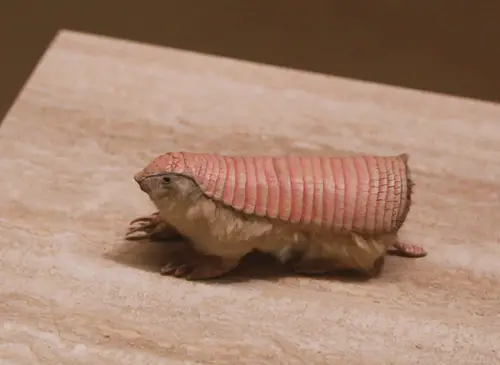
Pink Fairy Armadillo Facts | Anatomy, Diet, Habitat, Behavior
The pink fairy armadillo (Chlamyphorus truncatus) is the world’s smallest armadillo species. It is typically found in the dry sandy environments of Argentina. The pink fairy armadillo is the size of a human hand. They are hardly noticed or seen as a result of which scientists find it difficult to assess its behavior in the…
Written by
-
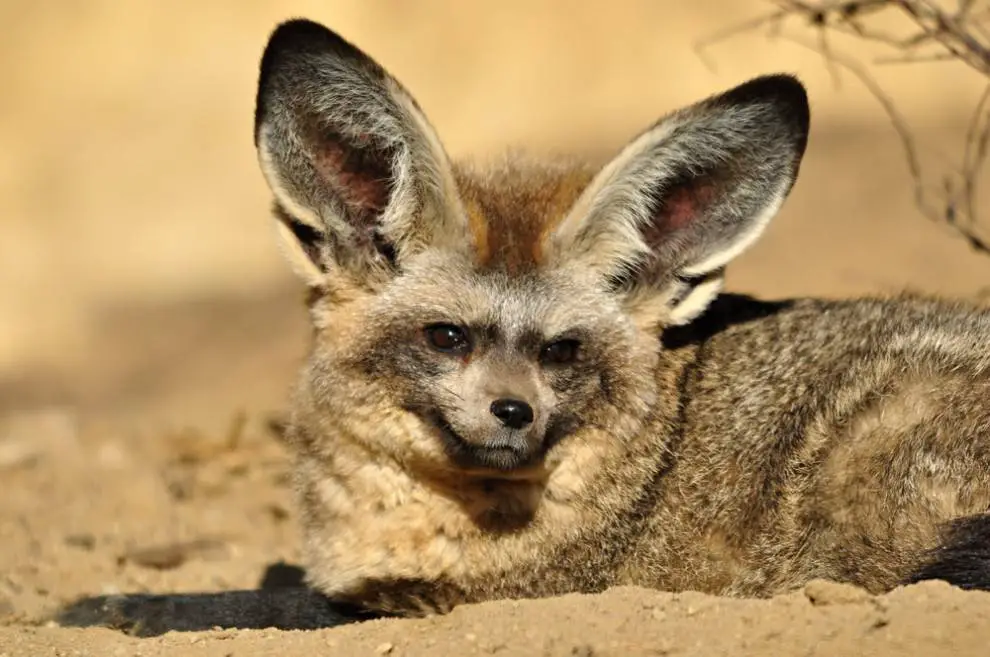
Bat Eared Fox Facts | Anatomy, Diet, Habitat, Behavior
The bat eared fox (Otocyon megalotis) typically inhabits the savanna of Africa. It is an insectivorous animal. True to its name, the fox’s bat-like ears distinguish it from the rest of the canids. It is also called ‘big-eared fox’ and ‘black eared fox’. It is thought to have first appeared around 800,000 years ago somewhere…
Written by
-

Squirrel Facts For Kids | Everything about Squirrels
Squirrels are small-sized rodents that are widely distributed around the globe. They are native to America but many of them are introduced in Australia. Squirrels also occur in Eurasia and Africa. They are shy but they do interact with humans in urban areas where they are fed in public or national parks. Squirrel Facts For…
Written by
-
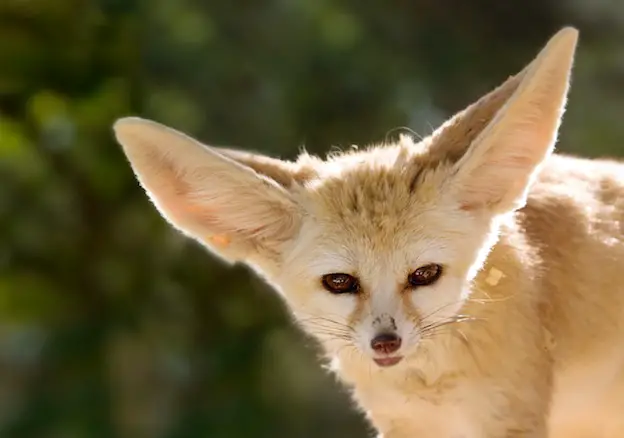
Fennec Fox Facts | Anatomy, Diet, Habitat, Behavior
The fennec fox (Vulpes zerda) is a small-sized fox typically found in the Sahara and Arabian deserts. The fox is clearly recognized by its unusually large ears. It is the world’s smallest canid but the thing that makes fox special is that it can survive drinking. Fennec fox is thought to get all its water from…
Written by
-
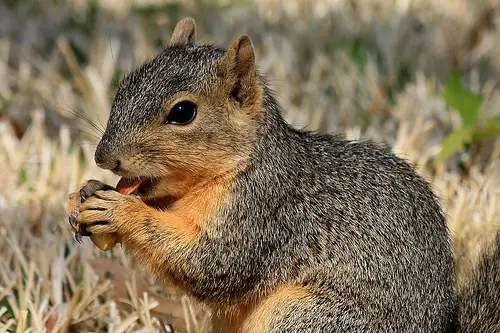
Fox Squirrel Facts | Anatomy, Diet, Habitat, Behavior
The fox squirrel (Sciurus niger) is the largest of the tree squirrels. It is one of the most common squirrel species. They have long bushy tail and golden brown body and are often confused with the eastern fox squirrel. Fox squirrel is a native animal of North America. They are active during the day. Fox…
Written by
-
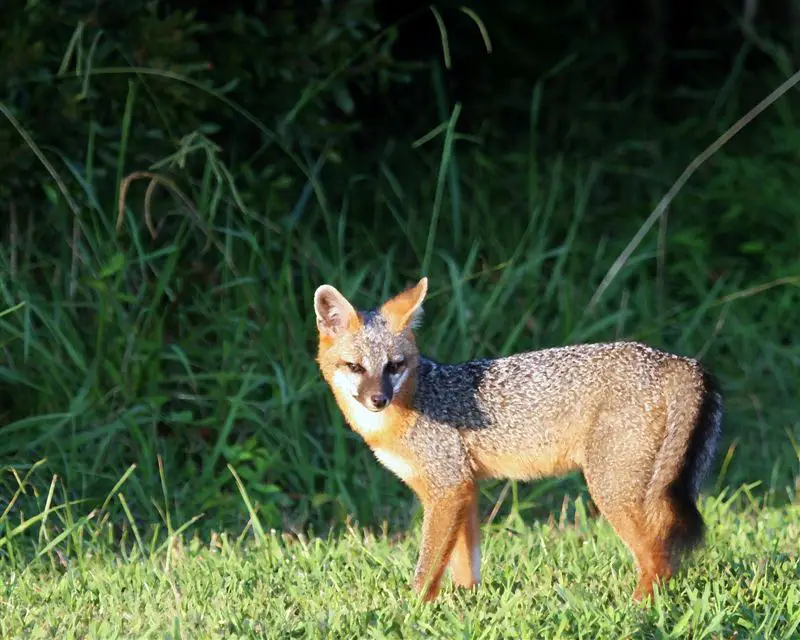
Gray Fox Facts | Anatomy, Diet, Habitat, Behavior
The gray fox (Urocyon cinereoargenteus) occurs all throughout the southern North America and South America including Venezuela and Colombia. It is a medium-sized carnivorous mammal and is an expert climber. The fox is considered to be one of the most common fox species in the eastern United States. Gray fox is likely to be dominant…
Written by
-
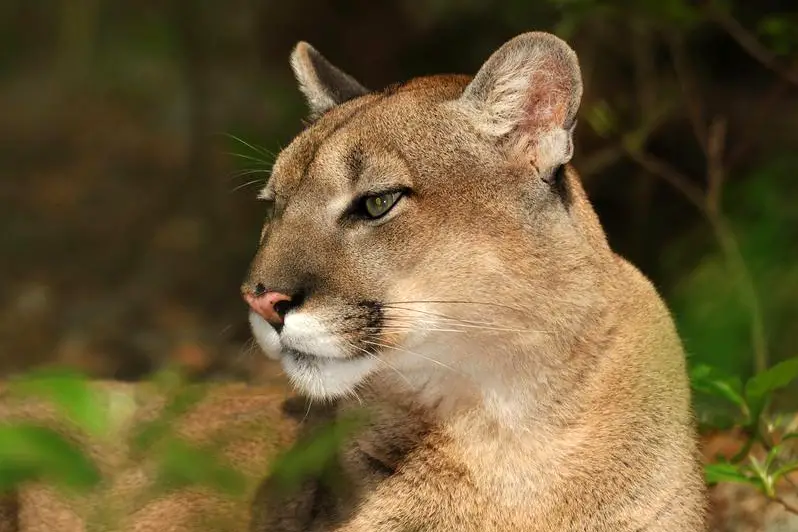
Florida Panther Facts | Anatomy, Diet, Habitat, Behavior
The Florida panther is a subspecies of cougar. It is typically found in the swamps, hardwood hammocks, and pinelands of southern Florida. The panther is also the state animal of Florida. Florida panther is highly endangered as there are no more than 160 animals remaining in the wild. IUCN listed it as a critically endangered…
Written by
-

Red Wolf Facts | Anatomy, Diet, Habitat, Behavior, Reproduction
The red wolf (Canis rufus) is a native mammal of the eastern United States. The physical appearance of red wolf is nearly the same as that of gray wolf or coyote. Currently they are facing some real threats in the wild. IUCN Red List has classified red wolf as critically endangered species for the animal…
Written by
-

What Do Arctic Wolves Eat | Arctic Wolf’s Feeding & Diet
Arctic wolves typically roam on the northernmost regions of North America as well as on the eastern and northern coast off the Greenland. They live in one of the most hostile snowy environments where the prey animals are not easily found. So if you are into wildlife photography, do keep in mind that shooting Arctic…
Written by
-

What Do Rhinos Eat | Rhinos Diet & Feeding Behavior
The rhinoceros (Rhinocerotidae) is an herbivorous mammal which means that it never hunts for the food because it doesn’t need to. All rhino species seem to rely on vegetable matter including fruits for the consumption. They spend most of the time browsing through the wild habitats while searching out green matter to feed on. What…
Written by
-
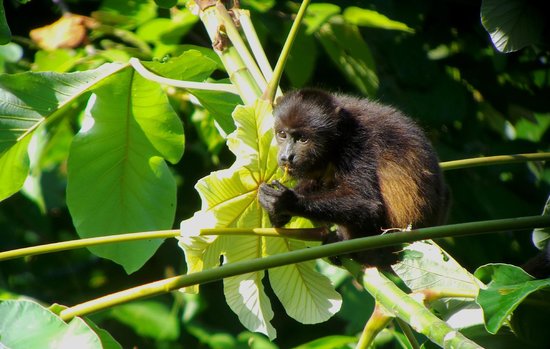
What Do Howler Monkeys Eat | Howler Monkey Diet
Howler monkeys are the only species of the New World Monkey which specializes in eating leaves. They are the only folivores as they mostly rely on fruits, leaves, flowers, nuts and buds. Howlers prefer to consume mature leaves but these leaves offer much of cellulose which provides less energy. Sometimes howlers eat too many leaves…
Written by
-
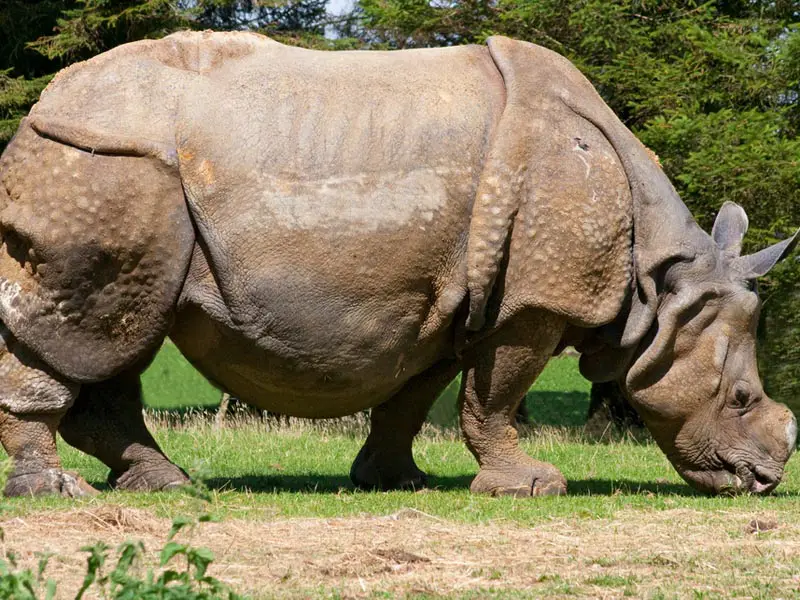
Indian Rhinoceros Facts | Anatomy, Diet, Habitat, Behavior
The Indian rhinoceros (Rhinoceros unicornis) is a large rhino species native to the Indian Subcontinent. It is found in the riverine forest as well as alluvial grassland of India. IUCN Red List has listed Indian rhino as vulnerable for their range is limited to only 20,000 km2. The rhino is one of the largest terrestrial…
Written by
-
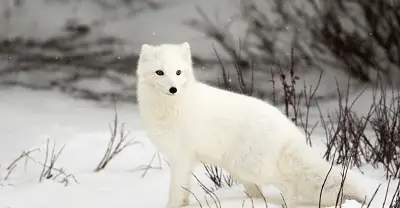
Arctic Fox Facts For Kids | Appearance, Diet, Habitat, Behavior
The arctic fox (Vulpes lagopus) is a medium-sized fox that is most commonly found in the Arctic Tundra Biome—occupying much of the Arctic islands. It is all snow white except the black nose and eyes; as a result of which the fox camouflages it in the snowy background. IUCN has listed arctic fox as Least…
Written by
-
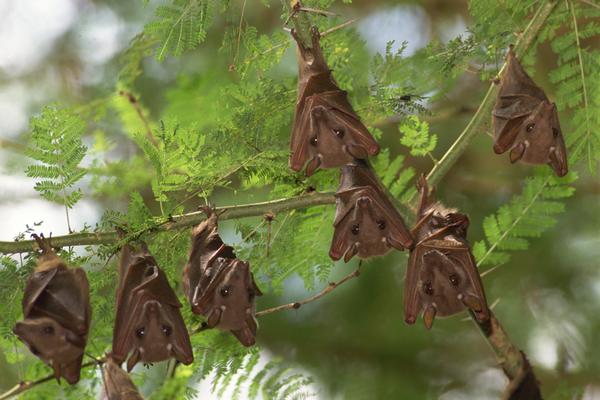
Little Brown Bat Facts | Anatomy, Diet, Habitat, Behavior
The little brown bat (Myotis lucifugus) is one of the most recognized bats in the New World. They are also called ‘little brown myotis’. The bats are most commonly found in the North America. It has long been studied in laboratories to understand the general behavior of bats. Little Brown Bat Facts Anatomy The little…
Written by
-
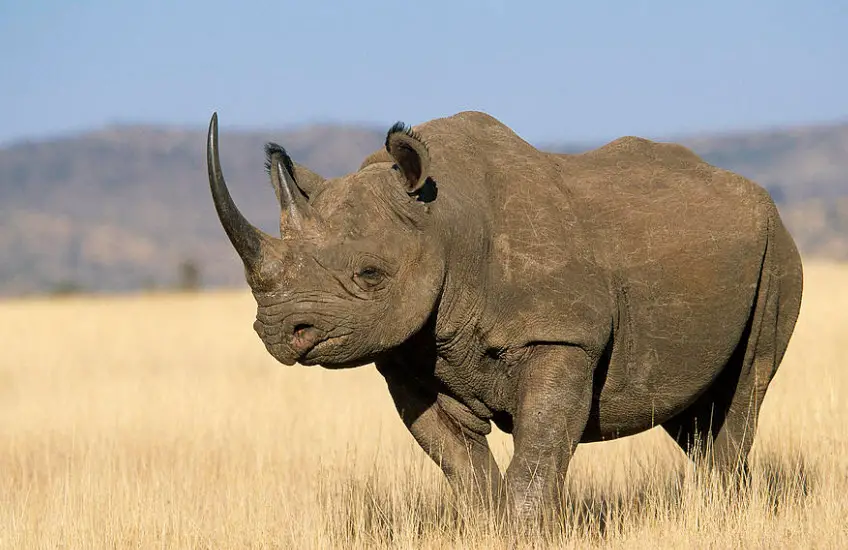
Black Rhino Facts | Anatomy, Diet, Habitat, Behavior
The black rhinoceros (Diceros bicornis) is a native mammal of Africa that is typically found in the savanna vegetation of southwest Cape to Somaliland. Like other rhinos, the black rhino is also solitary except during the breeding season. It is also called the hook-lipped rhinoceros. The animal is critically endangered. Black Rhino Facts Anatomy The…
Written by
